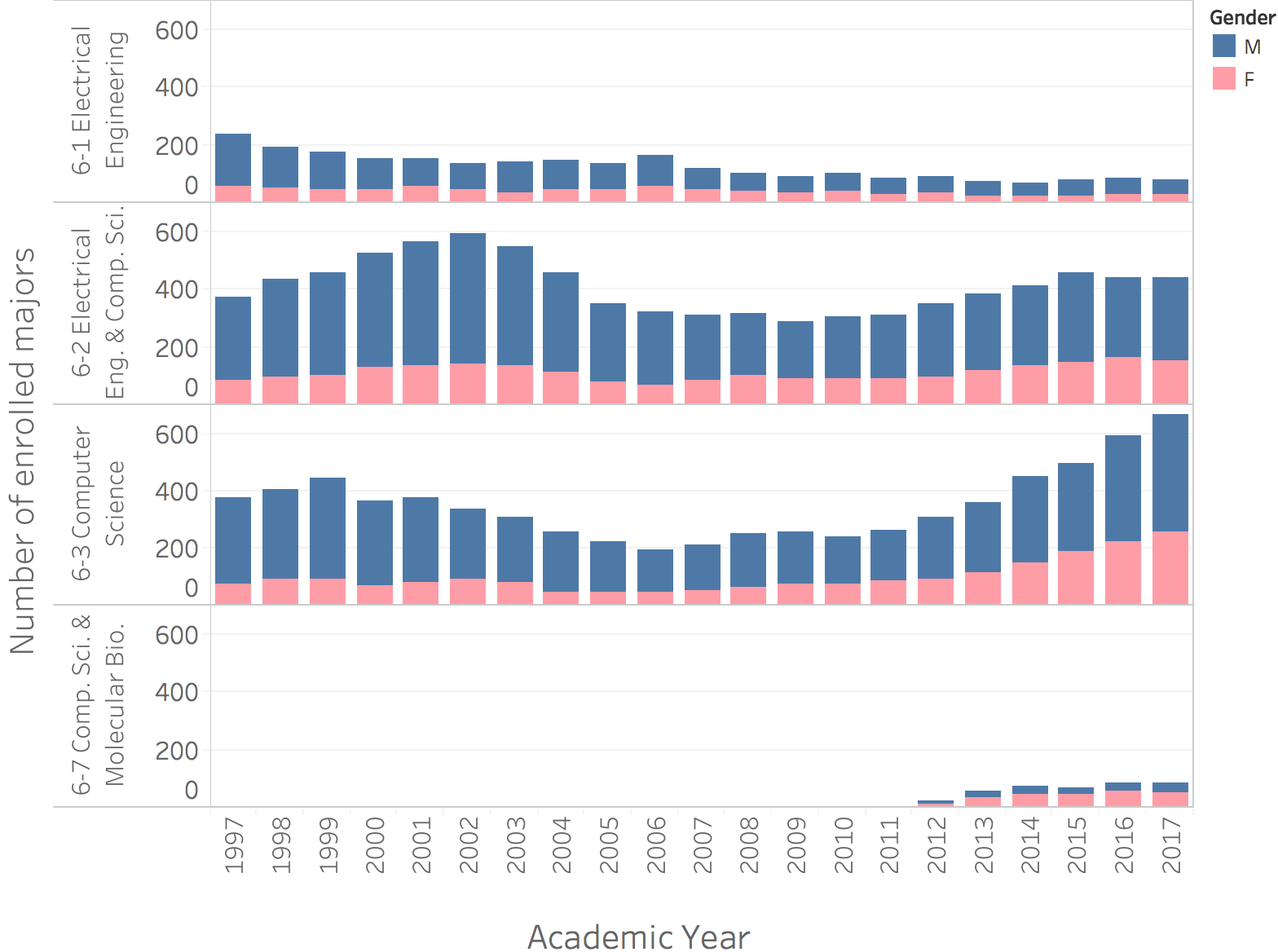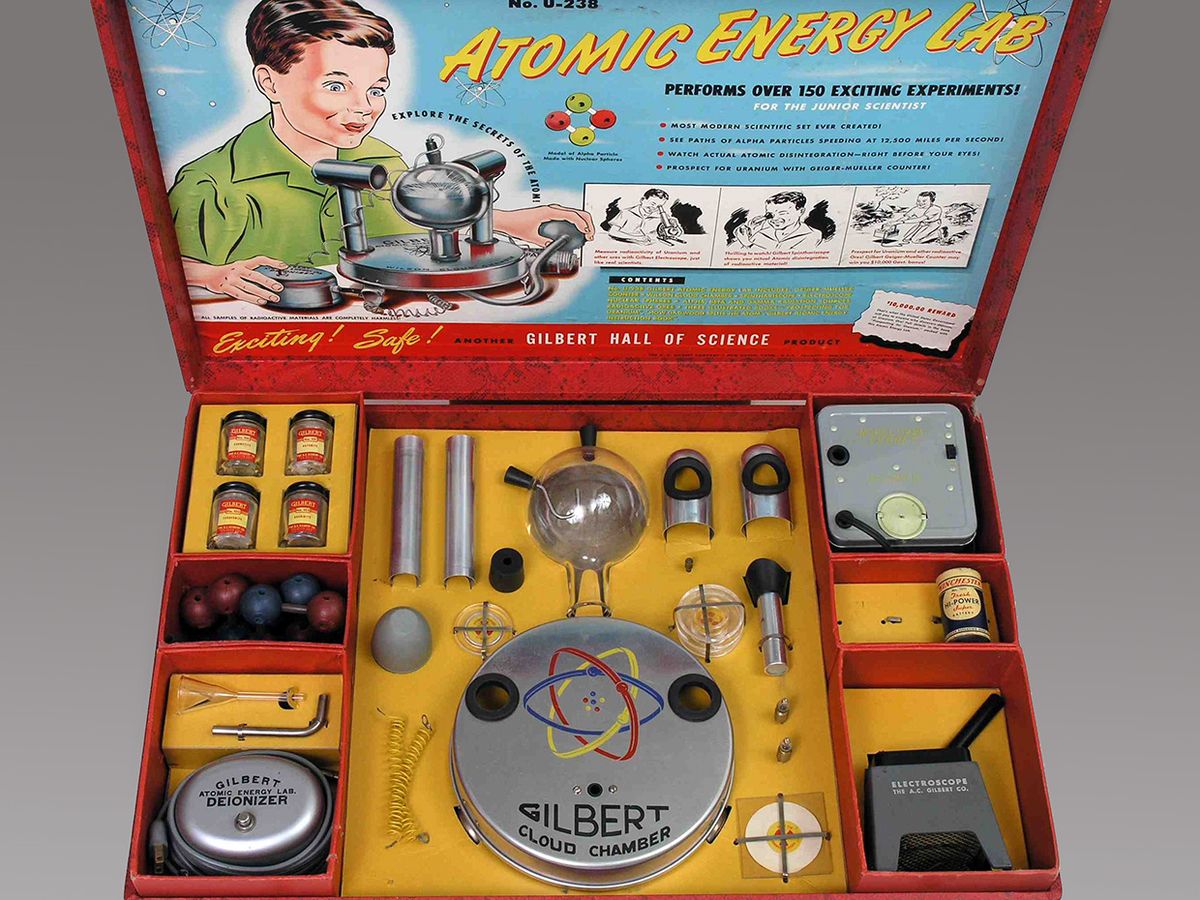Lots more CS than EE, but not 100 to 1.

Posted on 07/19/2022 10:23:31 AM PDT by ShadowAce
LOL!
I was literally one class away from adding math as a double major. By that time, I was pretty much burnt out on math, and was just trying to get my final CS classes done so I could graduate.
I had an entire class on DiffEQ.
EE is a notoriously hard degree. They all go computer science because you are called an “engineer” even though you really aren’t.
That being said, my youngest daughter got her Engineering Physics degree (summa cum laude), aced all the engineering math and physics courses, but is going computer science/software for her Master’s degree. There is no question she’ll have more options.
Lots more CS than EE, but not 100 to 1.

“EE is a very challenging (hard) major”
It is also more broad in scope than generally understood as there are many EE focus areas that could be departments unto themselves.
Until I was faced with differential equations I naively thought that every math problem had a clearly stated solution.
I got through it, but math and science lost a bit of their luster to me.
As a former EE, now retired, I have an idea as to what may be going on. I struggled to bill just $20/ hr in the nineties when I had my own company. The competition was over the internet with India where they had some very capable guy’s billing less than me. Just about anything I did could be put on the internet and done in India overnight. That happened a lot.
The only place where they can’t replace you easily is in the building industry, the power industry and anyplace in the military/industrial complex as they usually required a security clearance, or they didn’t want any of their blueprints on the internet for security reasons.
One problem is that many colleges refuse to include “for profit” universities in their numbers when they try to report on such things. All universities are for-profit, they just try to claim they are altruistic.
Sadly, I’ll stand by my 1:100 ratio. There simply isn’t much demand for EE students versus CS/IT. A few classes might be EE students with 6-12 students in a class but there would be a hundred classes with 25 CS/IT students.
In the profession, all my EE friends moved to CS over the years. I rarely run into an EE anymore. If I do, they are over 50 and did their EE back in the 70’s or 80’s. When I started college in 79, most EE/CS were in the EE program with CS as a minor. I was doing a double major, and, since CS was not an engineering program, it was allowed. The CS field was still fairly new, and it was popular, but with far fewer students in it.
That’s MIT.
There were also a lot more labs that seemed to last into the night.
Maybe every EE degree should come along with study towards an Electrician's License. That would keep the theoretical types more well-grounded and give students more hands-on experience and an alternate career path if academia or engineering is no longer fulfilling for them.
Maxwell’s equations as we know them are not the ones he described, rather they are the work of Oliver Heaviside who threw out all but 4 of Maxwell’s field equations, converting them to vector equations because field equations, to him, were abominations - from those we learned all we know of the electromagnetic spectrum.
Without Maxwell, both Einstein and Tesla would have remained unknown. Only Tesla tried to explore in a practical way what the original field equations would produce.
I only have two: CS and Physics.
But then you have to lie all day and pretend to be woke. Plus deal with entitled little powder puffs you dare not speak crossly to. Not worth it.
100%
When I was at MIT (Bio major), we ALL had to take two years of Math, including Differential Equations!!!!
And we needed that advanced math for Physical Chemistry (required for Chem and Bio)!!!!
No they are not.
I am an EE/CE and they aren’t the same, despite some of the same base classes in the early years.
It may just be that a smaller number of EEs are needed.

https://spectrum.ieee.org/fun-and-uranium-for-the-whole-family-in-this-1950s-science-kit
Which is what Honorary Serb wanted to know about:
"Course 6 (electrical engineering and computer science) is the largest undergraduate department at MIT.
But I don’t know how many students are in electrical engineering (Course 6-1) vs. the various computer science majors. Does anyone here know?"
Apologies if you were not trying to answer his question.
We need more women in STEM, STAT!
Disclaimer: Opinions posted on Free Republic are those of the individual posters and do not necessarily represent the opinion of Free Republic or its management. All materials posted herein are protected by copyright law and the exemption for fair use of copyrighted works.